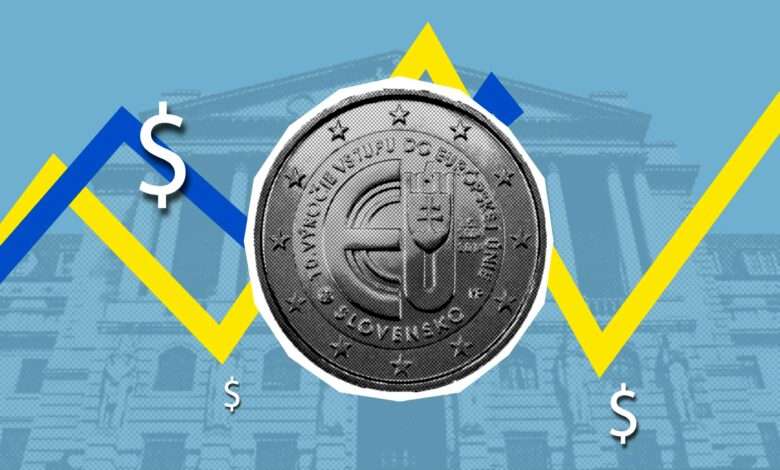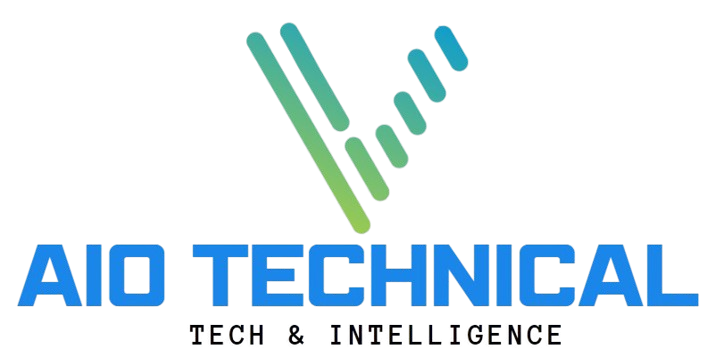Smart Contracts Cardano : Reviewed by V Aiotechnical.com

Smart contracts have emerged as a revolutionary concept in blockchain technology, facilitating self-executing agreements that eliminate the need for intermediaries. Cardano, a third-generation blockchain platform, introduces a unique and advanced approach to smart contracts, emphasizing security, scalability, and sustainability. In this article, we will explore Smart Contracts Cardano, examining how they function, their advantages, challenges, and real-world applications.
Understanding Cardano: The Foundation of Smart Contracts Cardano
Smart Contracts Cardano was founded in 2017 by Charles Hoskinson, one of the co-founders of Ethereum. It aims to create a balanced and sustainable ecosystem for cryptocurrencies, addressing limitations found in earlier blockchain platforms. Cardano’s scientific and research-based approach sets it apart, focusing on scalability, interoperability, and sustainability.
The Consensus Mechanism
Cardano utilizes a Proof-of-Stake (PoS) consensus mechanism known as Ouroboros. This model is more energy-efficient than the Proof-of-Work (PoW) model used by Bitcoin and Ethereum. This energy efficiency supports Cardano’s ability to provide a robust platform for decentralized applications (dApps) and smart contracts.
What Are Smart Contracts?
Smart contracts are programs that automatically execute predefined actions when certain conditions are met. They are stored and executed on a blockchain, which ensures transparency and security. Smart contracts can be applied in various industries, including finance, supply chain management, and real estate, automating processes and increasing efficiency.
The Unique Approach of Smart Contracts Cardano
Cardano’s implementation of smart contracts diverges significantly from its predecessors. Here’s how:
1. Extended UTXO Model (EUTXO)
Cardano employs the Extended Unspent Transaction Output (EUTXO) model, enhancing the original UTXO model used by Bitcoin. The EUTXO model allows for more predictable smart contract execution and improved scalability. Unlike Ethereum’s account-based model, where every transaction alters the global state, the EUTXO model allows transactions to be processed independently. This design minimizes conflicts and increases throughput.
2. The Plutus Smart Contract Platform
The introduction of the Plutus platform during the Alonzo upgrade in September 2021 marked a significant milestone for Cardano. Plutus is based on the Haskell programming language, known for its strong security features. By using Haskell, Plutus ensures that smart contracts are robust and less prone to errors, making them easier to verify mathematically.
3. Marlowe: Domain-Specific Language for Finance
In addition to Plutus, Cardano offers Marlowe, a domain-specific language designed specifically for financial contracts. Marlowe simplifies the smart contract creation process for non-programmers, particularly in finance. Its user-friendly interface enables business users to design and deploy smart contracts without extensive coding knowledge, thus broadening the adoption of blockchain technology.
4. Separation of On-Chain and Off-Chain Components
Cardano’s smart contract framework separates on-chain code from off-chain code. This separation optimizes performance by keeping the blockchain free from excessive computations, which lowers transaction costs and reduces network congestion. Only essential logic is executed on-chain, while non-critical operations are handled off-chain.
Advantages of Smart Contracts Cardano
Smart Contracts Cardano offer several advantages that contribute to their appeal:
1. Enhanced Security
Thanks to the Haskell programming language, smart contracts on Cardano benefit from a strong emphasis on security. This reduces vulnerabilities associated with traditional programming languages, resulting in more reliable contracts.
2. Scalability
The EUTXO model enables Cardano to handle high transaction volumes efficiently. This scalability is crucial as demand for decentralized applications grows, allowing Cardano to maintain high performance without sacrificing user experience.
3. Cost Efficiency
Cardano’s PoS consensus mechanism, combined with its optimized execution of smart contracts, results in lower transaction fees. This cost-effectiveness makes Cardano an attractive option for developers and businesses deploying dApps and smart contracts.
4. Interoperability with Other Blockchains
Cardano is designed for interoperability, allowing smart contracts to interact seamlessly with contracts on other blockchains. This capability promotes collaboration and the development of cross-chain applications, enhancing the utility of smart contracts.
5. Commitment to Sustainability
Cardano is dedicated to creating a sustainable blockchain ecosystem. Its governance model encourages community involvement in decision-making, ensuring that updates and improvements align with the needs of users.
Real-World Applications of Smart Contracts Cardano
Smart Contracts Cardano can be utilized in a variety of sectors to streamline processes and enhance transparency:
1. Decentralized Finance (DeFi)
Cardano’s smart contracts enable the development of various DeFi applications, such as decentralized exchanges (DEXs), lending platforms, and stablecoins. The platform’s security and scalability are critical in managing sensitive financial transactions effectively.
2. Supply Chain Optimization
In supply chain management, Cardano’s smart contracts can automate processes such as tracking goods and verifying authenticity. This automation increases transparency and reduces the potential for fraud, providing real-time updates and executing payments based on predetermined conditions.
3. Transparent Voting Systems : Smart Contracts Cardano
Cardano’s governance model leverages smart contracts to create transparent voting systems. These contracts can manage community proposals, fund distribution, and implement decisions based on voting outcomes, ensuring fair governance.
4. Healthcare Management
Smart contracts can enhance healthcare processes by managing patient records, automating insurance claims, and streamlining administrative tasks. Cardano’s secure framework ensures sensitive health data is managed efficiently.
5. Real Estate Transactions
Smart Contracts Cardano can simplify real estate processes, automating property transfers, escrow management, and rental agreements. This reduces reliance on intermediaries and provides an immutable record of transactions, enhancing transparency.
Challenges Facing Smart Contracts Cardano
Despite their numerous advantages, Smart Contracts Cardano face several challenges:
1. Developer Adoption
Smart contract adoption on Cardano is still in its infancy. Encouraging more developers and businesses to build on the platform is crucial for growth. Community engagement and ongoing updates will help facilitate this adoption.
2. Complexity of Development
While Plutus offers robust tools for developers, the reliance on Haskell may pose a challenge for those unfamiliar with the language. However, the increasing availability of educational resources is expected to mitigate this barrier.
3. Competition from Established Platforms
Cardano faces competition from established platforms such as Ethereum and Polkadot, which already have vibrant ecosystems for smart contract development. To attract developers and users, Cardano must continue to innovate and provide unique value propositions.
Conclusion
Smart Contracts Cardano represent a significant advancement in blockchain technology, providing enhanced security, scalability, and sustainability. With the innovative use of the EUTXO model, Plutus, and Marlowe, Cardano addresses the limitations of earlier platforms, establishing a strong foundation for the next generation of decentralized applications. As adoption increases and the ecosystem matures, Smart Contracts Cardano are poised to play a crucial role in shaping the future of blockchain technology. This article is prepared by V Aiotechnical.com, reflecting a commitment to delivering professional and insightful content in the blockchain space.





